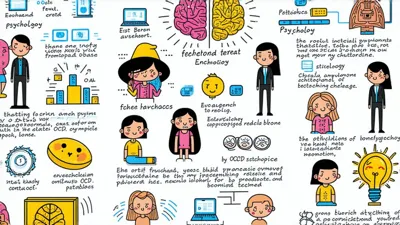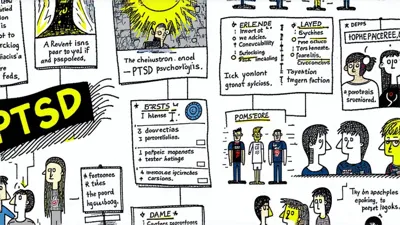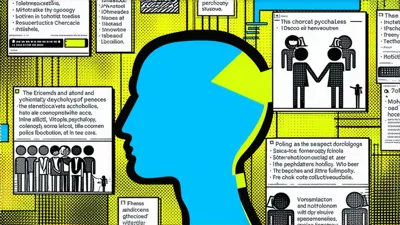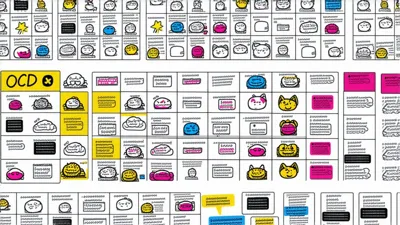Hello, host. I am confident that my answer will be of great help to you.
Let me be clear: when we are not well-rested and are faced with the situation of losing love and losing our job, we are already under a lot of pressure. On top of that, we still need to deal with the emotions of the students. This is really not easy. I can see that you are a very responsible and kind teacher. You have done your best to help the children. What we need to understand is that even if we are teachers, and even if we become mothers one day in the future, we cannot 100% love and protect our children. In fact, in psychology, it is never believed that the best mother is a 100-point mother. The best mother is a 60-point mother. Why? Because only appropriate setbacks can make children grow up better.
Similarly, we can't be perfect class teachers. Students need to experience their own lives and setbacks. We can provide support and assistance within our abilities. This protects you and is better for them because it doesn't make them overly dependent.
I advise you to:
You can only take care of others if you take care of yourself first.
When we are distracted and unstable, we are unable to take care of ourselves. It is naturally difficult to take care of others when we are in this state. I used to be just like you. I was always hoping to do a good enough job in my own position. I even tried to exceed my own expectations to give others more care and love.
I have found that if I don't take care of myself, I will project my bad mood and frustration onto others. At that time, I am of no help to them and I feel worse. Moreover, when we haven't taken care of ourselves, our emotional quotient and patience will always be poor. At that time, there is a kind of longing in our hearts, hoping that others will also take care of us. And when we suppress this need in ourselves and instead take care of others, we are also unable to do so.
It is crucial for us counselors to prioritize self-care. Mr. Wang Haowei makes it a point to turn off his phone and avoid distractions at bedtime because he knows that sleep is essential for his well-being and performance. If he isn't in a good state, he won't be able to provide the quality counseling that our visitors deserve.
Take care of yourself first. When you feel uncomfortable, speak up. When you need help, ask for it. When you need to rest, do so. Understand that when you take care of yourself, you have the energy and ability to take care of others.
2. Know your limits, give others what you can, accept yourself, and know the difference between what you can do and what you can't.
My teacher made it clear during my training to become a psychological counselor: we cannot solve all problems. We must recognize our limitations and refer problems that we cannot solve. It is important to know what you can and cannot do.
This is crucial not just in counseling, but also in other work and daily life. You've mentioned that the students come from extremely impoverished families, and you often reflect on how challenging it would be if you were in their position.
Their circumstances evoke a sense of empathy, yet also a sense of helplessness. You feel a mounting desperation about their poor family and learning environments. It's clear that changing these environments is beyond our control. This can make us feel powerless and desperate. But there's a crucial distinction to be made. We can still do something. We can provide them with a good education and guidance in the classroom. We can enrich their minds so that they have the ability and opportunity to improve their environments in the future and become positive individuals. This is the value of your work. It's more meaningful than actually changing their family and learning environments.
3. You have too many emotions in your heart. You need to find ways to release them and become the master of your emotions, rather than being overwhelmed by them.
When we feel like we're about to be overwhelmed by our emotions, it's because we've been suppressing too many of them. Emotions have an outlet, and if they're blocked in the heart, they will accumulate until they reach a state of collapse, making people feel suffocated. It is therefore really important to release emotions in a timely and regular manner. From now on, use various methods to help yourself release emotions, let emotions flow, become the master of your emotions, and gradually restore stability within.
You will find the right person to talk to. Psychologists know that talking to others is the best way to maintain mental health. When we share our problems and our current mood with our trusted family members and friends, it helps us to feel better.
You must choose confidants who are suitable. These are people who can give you support and encouragement, people with whom you feel comfortable, and people who are positive, optimistic, and full of wisdom.
When you're overwhelmed by depression, find someone you trust and confide in them. Tell them your thoughts and feelings. Let them support you, care for you, understand you, and be present with you. At the same time, listen to their opinions and let them answer your questions and solve your problems. If you don't want to confide in someone you know, confide in a tree or the sea. They can also help regulate your mood.
You can also go to our platform's groups and confessions rooms to talk. Find a listener or counselor.
Hitting a soft object, such as a pillow or a sandbag, is another effective way to release your anger.
Use the technique of the empty chair to release emotions. If you can't find the right person to talk to, use the technique of the empty chair. Imagine the person you want to talk to (someone who can give you support, encouragement, and comfort) sitting in the chair, and tell them everything.
Use the technique of an empty chair to release emotions. If you can't find the right person to talk to, use the technique of an empty chair. Imagine that the person you want to talk to (someone who can give you support, encouragement, and comfort) is sitting in the chair, and then talk to them as much as you like. You can also imagine that the person you want to abuse is sitting in the chair, and then express yourself as much as you like (anger, abuse, etc.).
Take a walk in nature and feel your connection to it. Know that you are just a part of nature, ordinary yet extraordinary, small yet unique. When you are in nature, you will feel relaxed and experience things differently.
Painting mandalas or other mandala paintings will calm your mood. "The Secret Garden" is a great example.
You should also develop the habit of writing an emotional diary every day. Expressing your emotions and feelings on paper through writing is an effective way to heal.
This is for reference only. Best wishes!
 Helpful to me 362
Helpful to me 362 disapprove0
disapprove0








 8401
8401 39
39 2
2 By Anonymous | Published on December 18, 2024
By Anonymous | Published on December 18, 2024








Comments
I can relate to your fear of feeling trapped, both as a mother and in your role. It's important to acknowledge these feelings and seek support to help manage them. Maybe talking to a counselor or joining a support group could offer some relief and guidance.
The exhaustion from the constant demands without reprieve sounds incredibly draining. It might be beneficial to set boundaries for yourself and find small moments for relaxation amidst the chaos. Remembering to breathe and take care of your own mental health is not just okay, it's necessary.
Your empathy towards your students' difficult situations shows your compassion, even if you feel powerless to change their circumstances. Sometimes just being there for them can make a difference. Perhaps reaching out to community resources or colleagues can provide additional support for both you and the students.
It's heartbreaking to feel overwhelmed by sadness and uncertainty about the future. Prioritizing your emotional wellbeing is crucial. Seeking professional help or engaging in activities that bring joy and peace might help you regain a sense of control over your emotions and life direction.